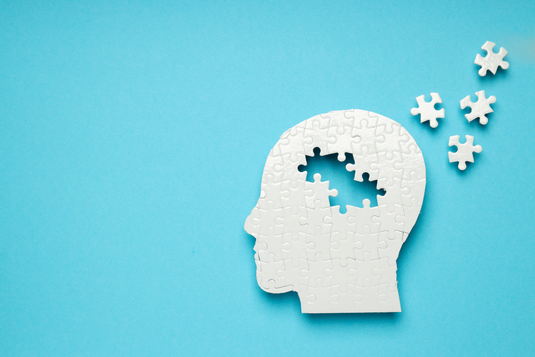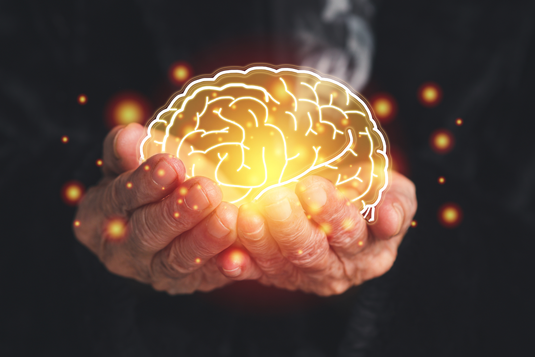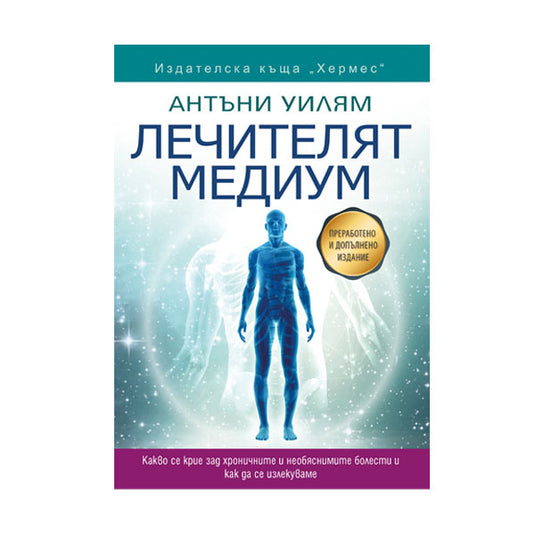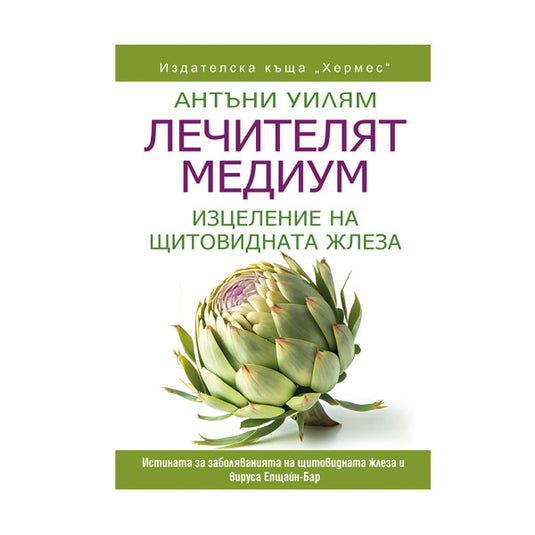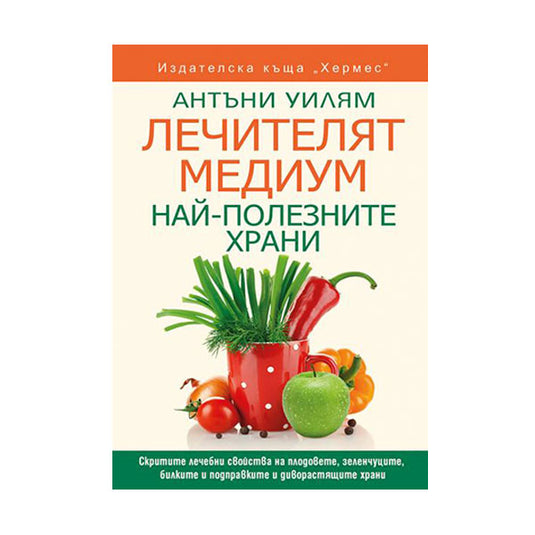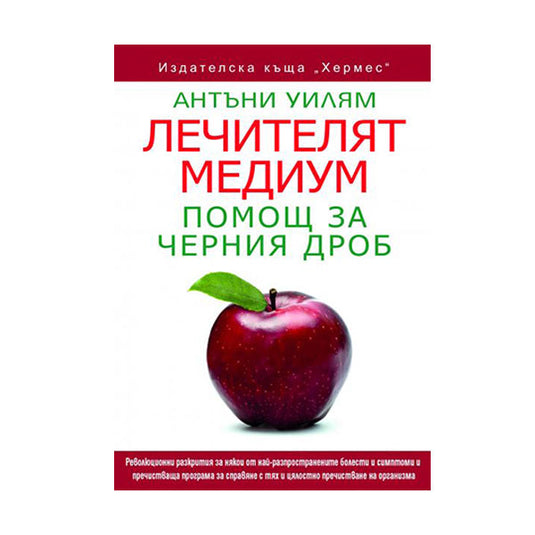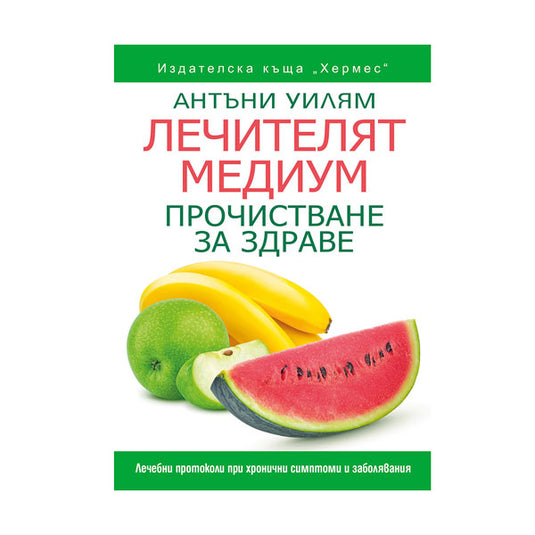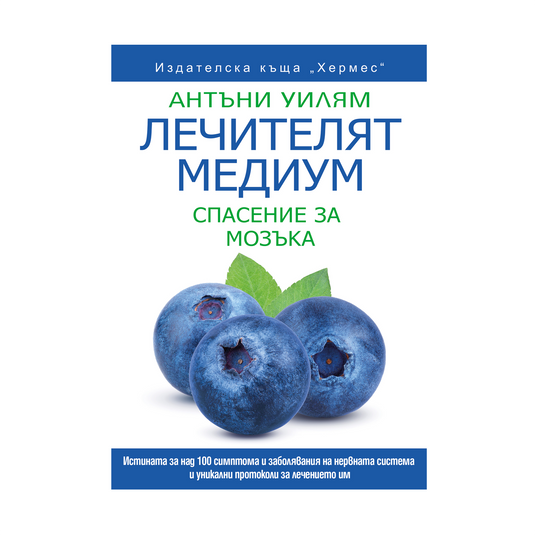Intermittent fasting is a temporary solution that can help someone for a short time, if they are not sick. However, we should not view it as anything more than a short-term support for relatively healthy people, and even for them, in order to derive positives, it must be done the right way. If you are a supporter of intermittent fasting and have come across this article, we will offer you Anthony William's advice on how to conduct your intermittent fasting with the least consequences for the body. Ultimately, according to him, it is best to move from intermittent fasting to one of the cleanses that he has published in his book “Cleansing for Health” .
When you are sick and trying to recover from a chronic illness or symptom that is interfering with your life, intermittent fasting will not bring you the long-term relief you need; it will only hinder you and may even make your illness or condition worse. While we know that many people get carried away with intermittent fasting, you should not include it in the 3:6:9 cleanse, which is specifically aimed at cleansing the body. Intermittent fasting does not become a cleanse. What does a person eat beyond intermittent fasting? What happens to their health? There are complexities here that make it unwise to combine intermittent fasting with the 3:6:9 cleanse or any other cleanse from Anthony William’s book , The Cleanse for Health .
If you’re still looking for an intermittent fasting option, we’ll be publishing an article soon with a variation of Anthony William’s Morning Cleanse specifically for people who practice intermittent fasting. Keep in mind that when you do intermittent fasting, you’re never truly fasting. It’s only when you go 24 hours without food or drink other than water that you can call it fasting. The body doesn’t begin the fasting process until the sun has risen at least twice. So if you abstain from food in the morning or for most of the day and eat food before the 24 hours are up, or drink black coffee, or even squeeze lemon into your water within those 24 hours, you’re stopping the fasting process from starting. (This doesn’t mean you have to starve. While water fasting has its time and place, it should only be done with great care and in special circumstances.) The point is that the name of this technique is fundamentally wrong, which shows that the "experts" in intermittent fasting are not aware of how the processes in the body really work.
Why people like intermittent fasting
Let's talk about the short-term positive effects of intermittent fasting. People who are not sick and enjoy intermittent fasting say that they have clearer thinking, more energy, and better concentration. The reason this happens is that when you eliminate food for more than two or three hours, your body starts to run on adrenaline (also called epinephrine), which works like a natural amphetamine. Adrenaline goes to the brain and creates electricity there. So if you're someone who's not that sick and not that compromised, meaning you still have adrenaline reserves, and you hold off on food long enough, you're going to start running on those adrenaline reserves. That's where the clarity, the concentration, and the temporary increased energy levels come from.
Another reason some people report feeling better when they start intermittent fasting is that they eliminate one or two of their fat-rich meals for the day. When you give your body a break from a fat-based breakfast (and possibly lunch) that would include radical fats like avocado, peanut butter, almond butter, milk, cheese, bone broth, eggs, or other animal proteins (because animal proteins are always laced with fat), you automatically start to feel better because you’re allowing your body to do a little cleansing. The right way to give your body this break is to follow Anthony William’s morning cleanse. It’s the healthier option that keeps you healthy. And if you’re still very attached to intermittent fasting, then the intermittent fasting variant of the morning cleanse is the best solution for you. Giving your body a break from meals really gives your liver, pancreas, and other organs a break from high-fat foods.
The caffeine mistake
A huge mistake with intermittent fasting is that people consume caffeine throughout the day, slowly destroying their adrenal glands. Their caffeine addiction forces their adrenal glands to pump a raw mixture of adrenaline through their bodies for hours on end. This is a truly unhealthy practice that will eventually lead to aging, damaged skin, brain fog , serious problems with focus and concentration, fatigue, hair loss, and weight gain . These symptoms may not show up in a person’s 20s. They tend to surface later in their 30s and 40s. Even if someone is losing weight easily or has a stable weight right now, they may gain weight later on after their adrenal glands have been sufficiently damaged or their liver has become sluggish and sluggish from the excess adrenaline caused by caffeine use. This brings us back to the reality that experimental intermittent fasting practices are temporary solutions that don't address what people or their bodies really need. (For more on caffeine, see the article "The Truth About Caffeine .")
Morning break from fat
A popular trend in intermittent fasting is to eat nothing sugary in the morning. The method that many people choose is coffee, water, and no calories. Anthony William recommends that you don’t just go with coffee and water, but at least include celery juice, coconut water, lemon water, and raw honey, and skip the caffeine if possible. You’ll see this in our special article on the morning cleanse for intermittent fasting. Intermittent fasting “experts” believe that avoiding sugar is the reason they think clearer and feel better at certain times of the day. What they don’t realize is that the reason isn’t the sugar, but again, it’s because they’ve stopped eating fat.
When you eat fat in the morning, you are putting a strain on your liver and forcing it to produce bile, which stops the cleansing process that your liver was trying to do overnight while you were sleeping. All of these toxins should be flushed out of your body in the morning. Instead, people often eat high-fat foods in the morning—like peanut butter on oatmeal, avocado toast, or eggs. This stops the toxins that your liver has been collecting overnight from leaving your body. Instead, the toxins stay in your bloodstream and end up in organs like your brain.
In intermittent fasting, fat is eliminated by accident, without anyone realizing that it is the lack of fat, not the elimination of sugar, that makes people feel better in the morning. What people don’t realize is that if they lose or maintain weight through intermittent fasting, especially if they exercise, it is because they are consuming less fat during the day. When you prevent dietary fat from entering the bloodstream for a long enough period of time – often 16-18 hours – this allows the body’s fat stores to be maintained or even reduced. This allows the body to get rid of old fat that it has stored in organs and body tissues. What proponents of the theory and experiments with intermittent fasting do not realize is that this is what the positive results are due to. They also do not realize that when they abstain from food all morning and most of the day, they only look thinner because their intestinal tract is not full of food, which naturally causes expansion in the stomach area. The time difference between the period of abstinence from food and the period of eating is especially obvious in people who often have bloating after eating. In addition, we must take into account the factor of dehydration during the fasting period - people often resort to various caffeinated drinks with a diuretic effect or do not drink enough water. All this creates the illusion of less fat and the formation of lean muscle mass. In fact, this type of fasting is not an optimal way to achieve the goal in question and there are other, much better solutions.
Improvements seen with intermittent fasting can include a reduction in high blood pressure and improvements in A1C, blood sugar, and cholesterol levels. This is all due to the liver taking a break from consuming fat or protein for many hours. People don’t realize that they would see the same benefits from reducing fat in their diet overall without having to go hours without food. When fat is removed from the diet for long enough, the blood thins to the point where it helps to alleviate all sorts of symptoms and conditions.
This is one of the main reasons why in the past, when someone switched to a plant-based diet, many symptoms improved because they were naturally consuming less fat than usual. When the current plant-based eating movement was in its infancy, plant-based diets were very low-fat—they recommended less fat and more carbohydrates. Anthony William has been preaching this idea for over 30 years. Nowadays, due to dietary trends, plant-based diets are less effective because they have become ketogenic plant-based diets, which are high in fat. Even the Paleo diets of years ago were lower in fat than they are now.
As people plateau on these diets and no longer get the results they want, they abandon, modify, or combine paleo, keto, and high-protein plant-based diets with intermittent fasting—and no one tells them (because no one knows) that the reason intermittent fasting works is because it cuts off fat intake for part of the day. Instead, they’re told that maybe sugar is the problem, so they should avoid it. Or they believe that intermittent fasting helps by giving digestion a break and allowing that energy to go toward fat loss, cell regeneration, and body repair, which is what can actually happen when the liver isn’t fighting off too much fat in the bloodstream. Again, no one realizes that it’s the fat break that allows the body to recover and shed body fat. All of these diets and intermittent fasting are based on guesswork. The simple truth is that lower fat improves your health. There are better ways to lower fat in your diet, namely the 3:6:9 cleanse and other cleanse options from Anthony William's book "Cleanse for Health . "
Burnout recipe
People also adopt the intermittent fasting approach because they notice that if they abstain from eating for long enough, they can go most of the day without eating foods that are bad for them or that they overeat. When you eat a "bad" breakfast in the morning, it can set the stage for "bad" eating throughout the day. Intermittent fasting advocates get around this by holding off on eating for as long as possible and using caffeine as a stimulant to get by. If enough hours pass in this way, then by the time you start eating, you're already at the end of the day and don't have to make as many food choices or have the opportunity to eat as many calories before bed. There are a bunch of other reasons why someone might choose intermittent fasting, such as trying to improve their health and missing out on the truth in the process. A better approach would be to drink coconut water throughout the day, because the downside of holding back food and critically needed glucose and minerals while running on adrenaline all day is that eventually you will reach a point where it is time to eat, or even reach a breaking point, and then it will be difficult to stop eating because you are in a glucose, carbohydrate, and mineral deficit. People who do intermittent fasting often indulge in problem foods, even if it is only on their "dirty day" when they give themselves permission to indulge once a week. There are also those who indulge in problem foods without making it public. Both fail to heal and learn to eat healthily.
Even if they initially make healthier food choices, after too many weeks of fasting without carbohydrates—and carbohydrates are converted to glucose, which is essential for brain function—plus too many weeks of using caffeine to boost adrenaline to replace that glucose for the brain, intermittent fasting can reach a point of burnout. This can mean more focus and concentration problems than you had before you started, even if your focus and concentration seemed to improve at first. This is a risky, dead-end situation that you should try to avoid. If you suffer from any neurological symptoms (such as anxiety, tremors, tics, spasms, shaking, dizziness, vertigo, balance problems, blurred vision, migraines, trigeminal neuralgia, nerve pain, numbness, stiffness, or others), keep in mind that even if they improve with intermittent fasting, it is temporary and most often they return and eventually worsen because intermittent fasting does not remove toxic heavy metals and does not kill the viruses and bacteria that are at the root of these symptoms and conditions. When the nervous system is sensitive, it is crucial to maintain a constant balance of glucose and mineral salts so that the nerves do not weaken and your health does not deteriorate.
Save yourself unnecessary suffering
Intermittent fasting experts try to teach people to improve their health by not eating. Intermittent fasting originated from people who were under great stress, experienced losses and suffering. During such emotional challenges, a person's stomach shrinks, loses appetite and does not reach for food, drinking only tea or eating very little, while the stressful and uncertain life situation continues. This is how the idea of intermittent fasting appeared.
We'll repeat it once again: this is only a temporary help, a temporary solution to help us get through the difficulties before everything goes wrong, precisely because we practice intermittent fasting.
You don't have to make life difficult for yourself. If you're a fan of intermittent fasting, Anthony William recommends sticking to the cleanses in his book , "Cleanse for Health ." Learn how your body works to protect yourself from premature aging, liver disease, chronic illness, and adrenal fatigue too early in life.
" You are not alone. You are part of a liberation movement. By defending yourself, you are defending the vast majority of people with hopes and dreams for a normal life who do not deserve to be hindered by chronic suffering."



